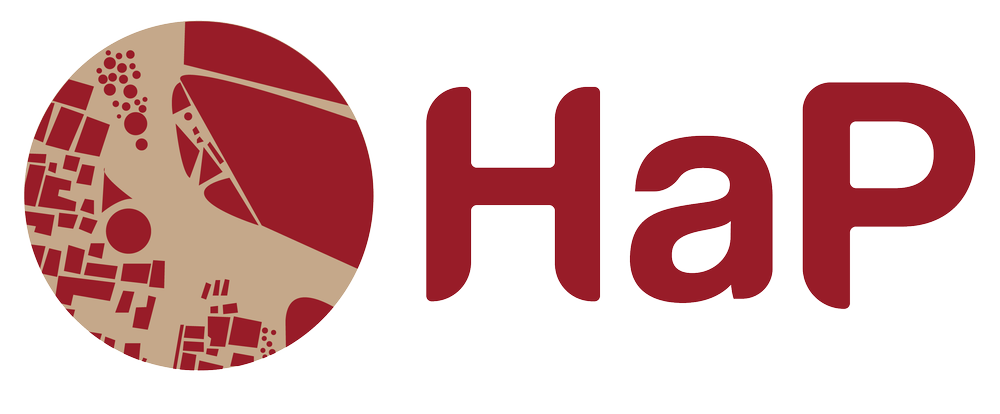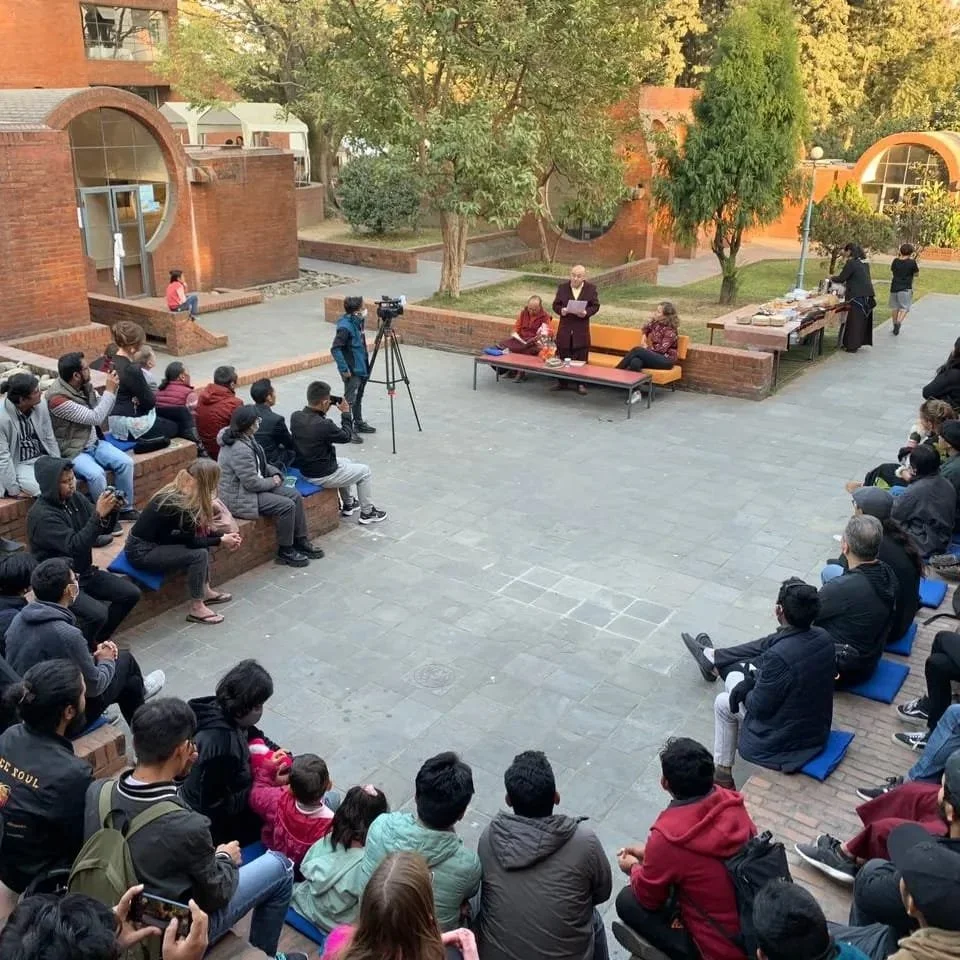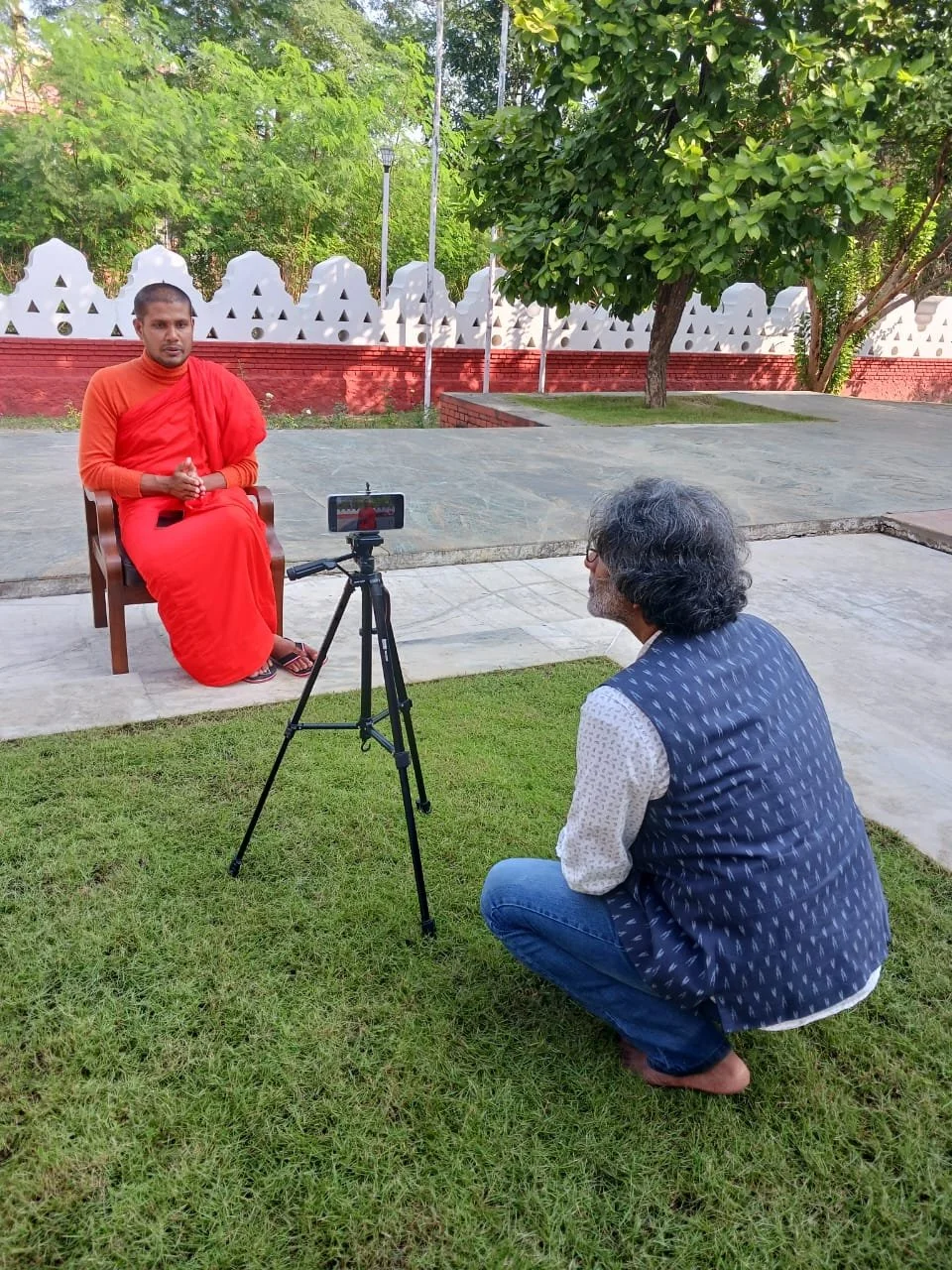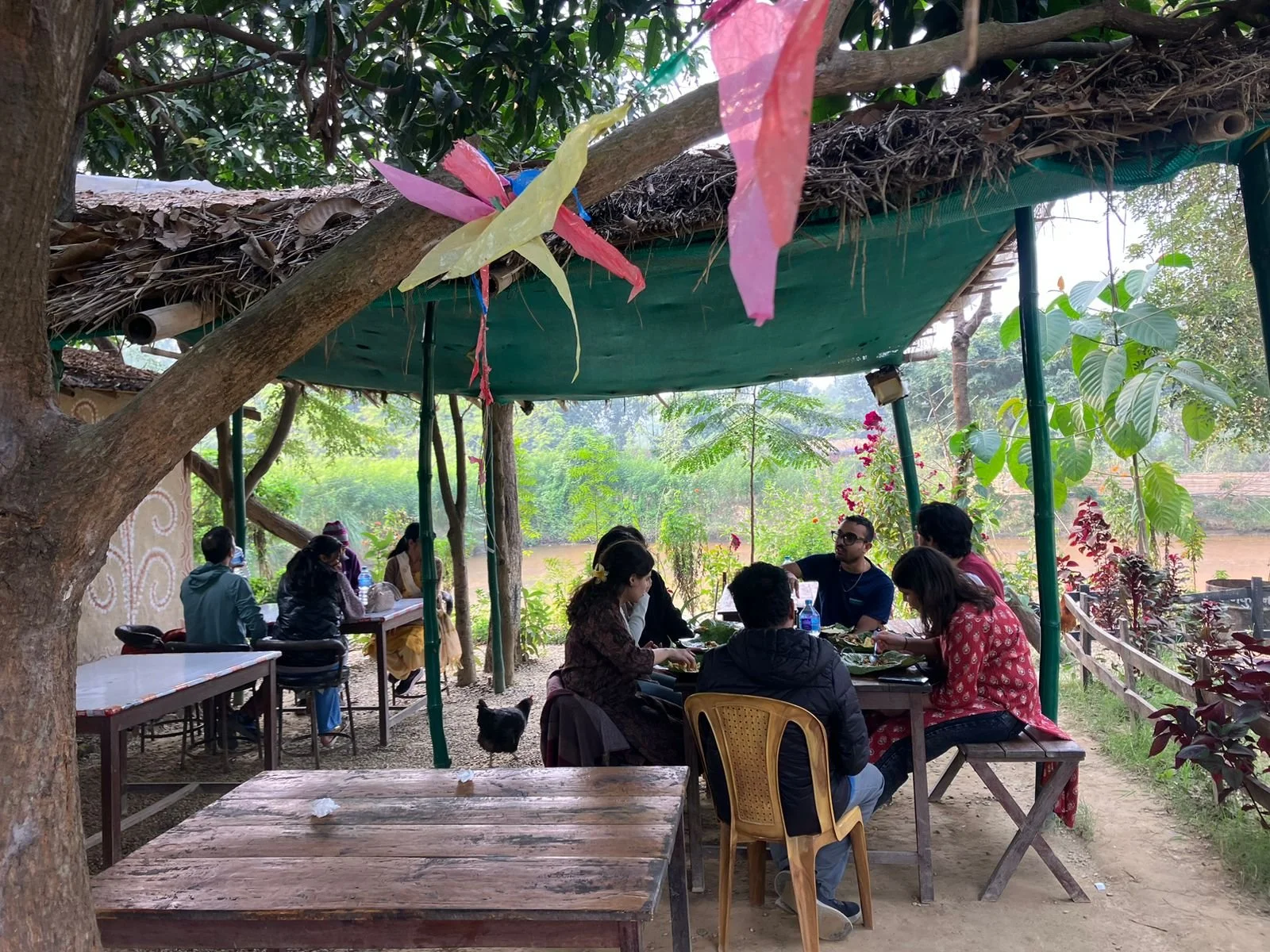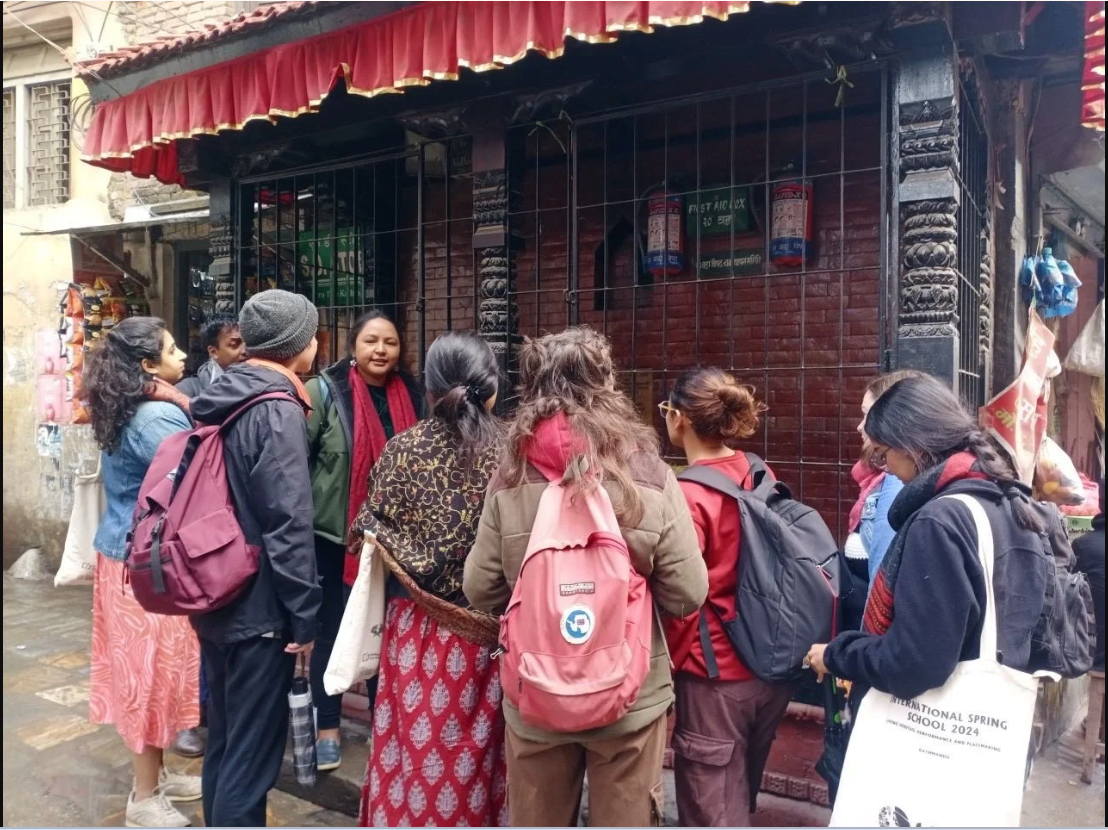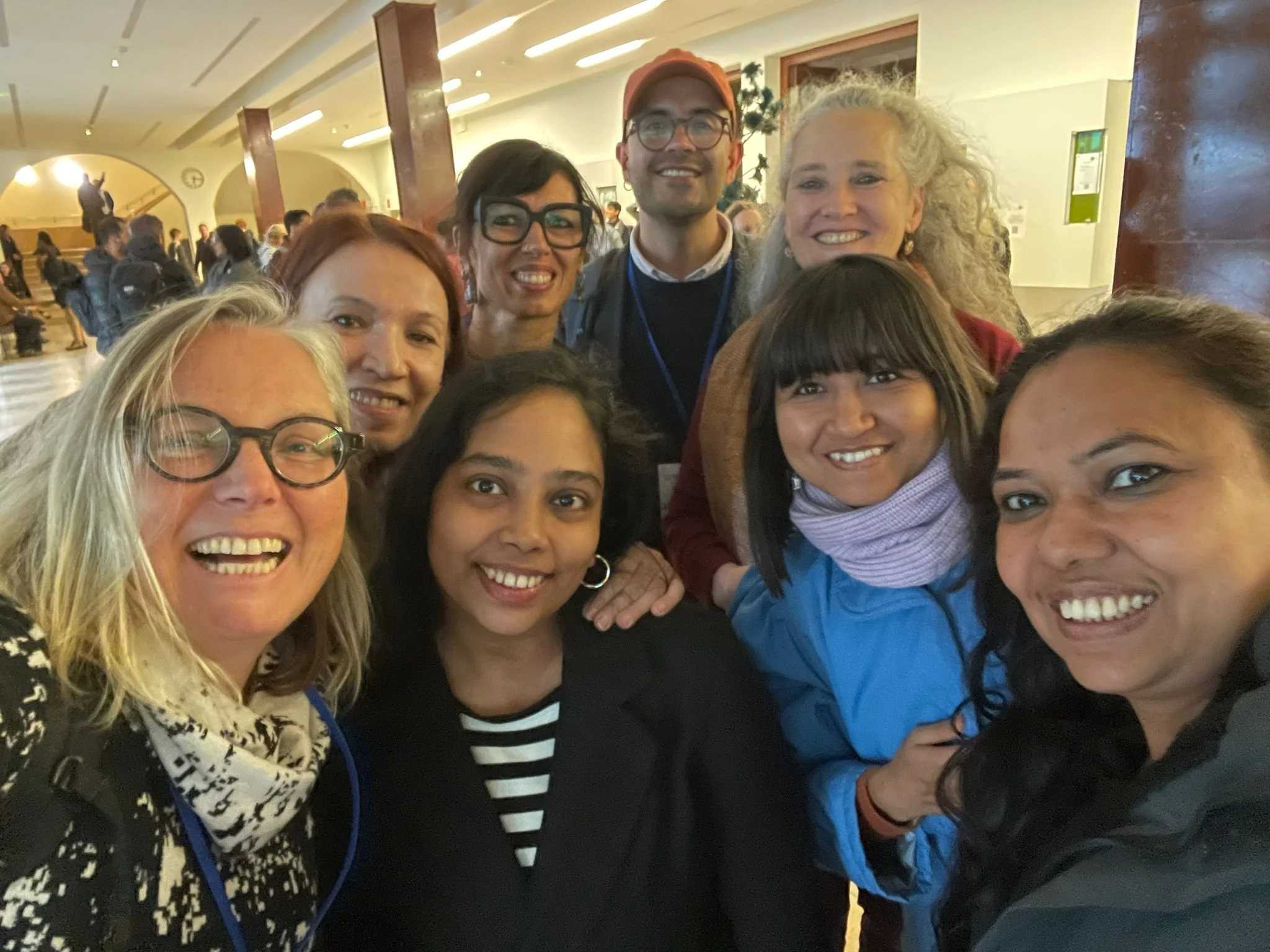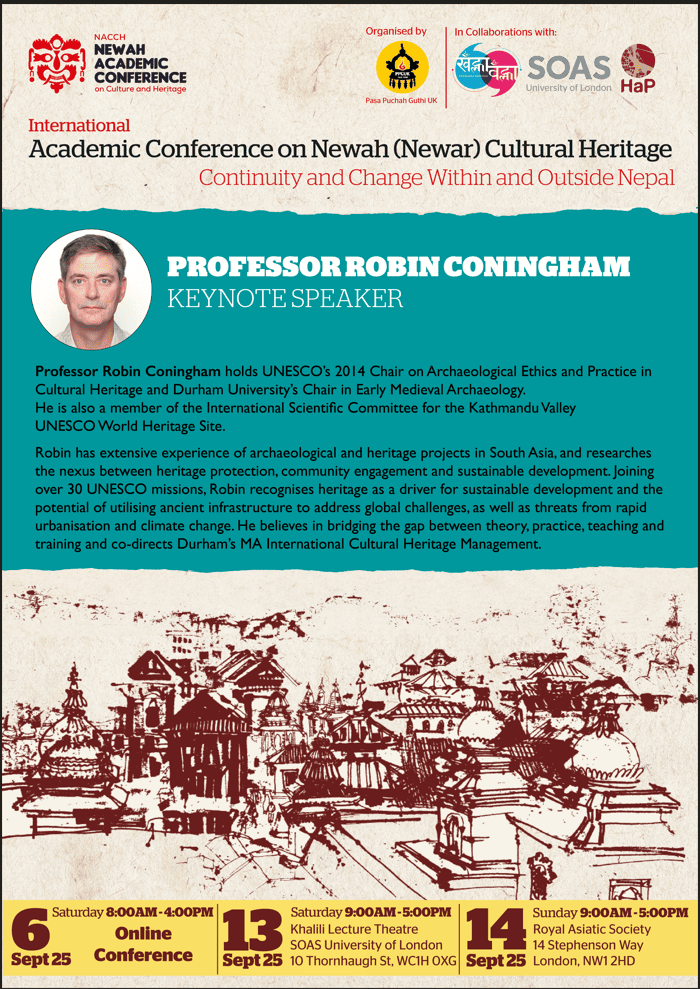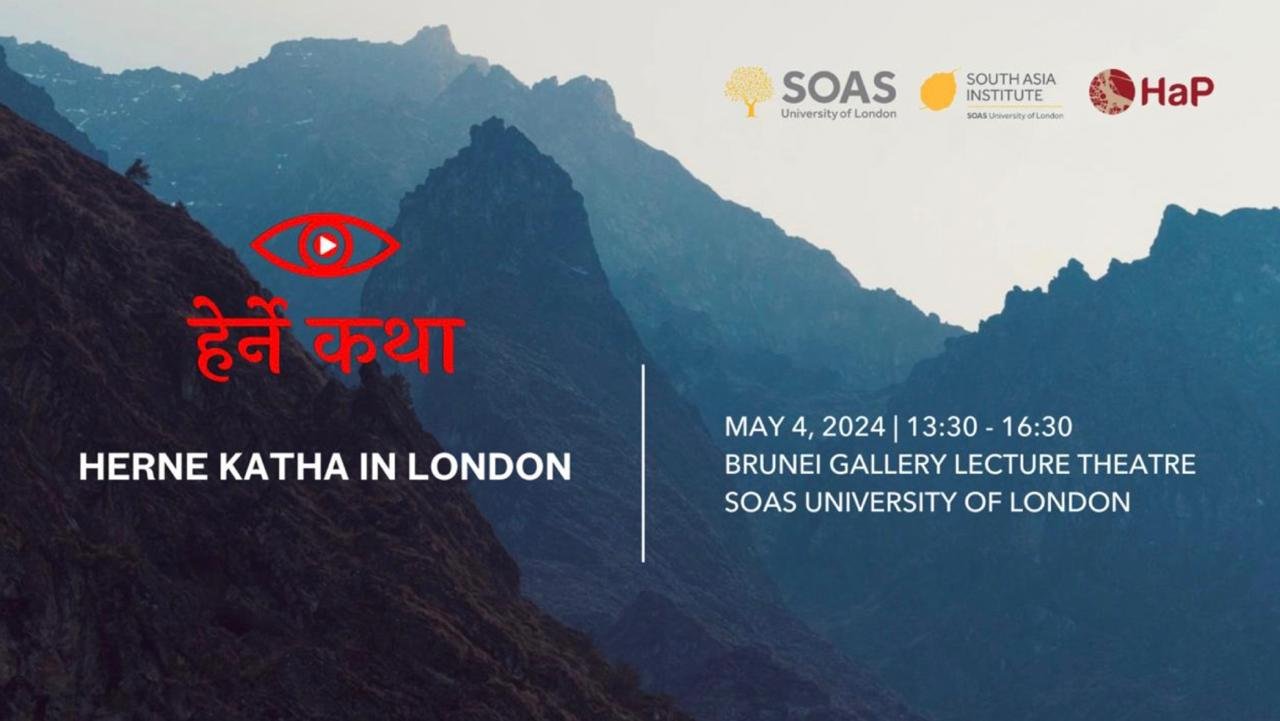The Politics of Solidarity and Erasure in South Asia
Heritage as Placemaking: The Politics of Solidarity and Erasure in South Asia (HaP) is a four-year research project that investigates the role of placemaking in shaping, narrating, contesting, and erasing cultural heritage in South Asia.
HaP is composed of an interdisciplinary, international research team based across Europe and South Asia whose collaborative work is broadly located at the intersections of the fields of critical heritage studies, new area studies, and transcultural urbanization studies. The project’s research agenda is unified by a commitment to four central theoretical strands: decolonization, erasure, bureaucracy, and commoning.
The danger to the world’s heritage is not primarily war, terrorism, environmental change, tourism, or digitalization. Instead, it is the loss of interest or the inability to form and sustain solidarity across differences. Heritage requires, at the best of times, cyclical renewal as an investment in the future.
Collaborators
Heritage as Placemaking is a transdisciplinary project that is based at the following institutions:
HaP is funded by the Riksbankens Jubilieumsfond
The project runs from October 2021–September 2025
New & Featured
HERITAGE AS PLACEMAKING SUMMER’25 PODCAST SEASON:
In this latest episode, part of HaP’s Commoning series, Swosti Rajbhandari-Kayastha speaks with Diego Jaimes-Niño and Tara Brahme about creating the Itumbaha Museum, a community initiative within a living heritage site in Kathmandu. She discusses how a diversity of stakeholders came together to realise the project of adding a small museum to one of the oldest Newah Buddhist Monasteries in Kathmandu.
In this episode, part of HaP’s Decolonization strand, Samal Hemachandra speaking with Dr. Pooja Kalita explores how Sri Lanka’s Aragalaya—a powerful people’s movement for justice and accountability—can be understood as a form of living heritage.
In this episode, part of HaP’s Decolonization series, Prof. Jagath Weerasinghe speaking with Dr. Pooja Kalita reflects on what “heritage” means in postcolonial South Asia, with a special focus on Sri Lanka. They delve into his powerful public art projects and how creative expressions can help societies heal after conflict. A rich conversation for scholars, artists, and activists reimagining heritage from the ground up.
In this episode, part of HaP’s Decolonization series, Dr. Kaushalya Kumarasinghe speaking with Dr. Pooja Kalita reflects on the ways literature can challenge colonial legacies, offering nuanced portrayals of Sri Lanka’s complex history—from colonization and civil war to economic instability.
In this episode part of HaP's Commoning series, Dr. Marion Wettstein speaking with Dr. Christiane Brosius, discusses the importance of queer heritage making in times of political turmoil. She gives us a glimpse into queer heritage making as a highly dynamic social process that is currently negotiated in Nepal between different groupings of the queer community as to whether to employ local cultural heritage as a counterhegemonic strategy or not.
In this episode of the HaP Commoning series, Sabina Tandukar speaks with Dr. Christiane Brosius about her work as a conservation architect and urban designer she reflects on her work preserving Kathmandu Valley’s living heritage—from ponds to historic streets and phalchaas (traditional rest houses) that serve as community lifelines.
In this episode of the HaP Decolonization series podcast, Dr. Ravi Kumar speaks with Dr. Sasanka Perera about the relationship between religious heritage, consumerism, and contemporary pilgrimage culture.
In this episode of the HaP Commoning series, Pushpa Palanchoke, speaks with Dr. Christiane Brosius about her work and on going doctoral research on gender, inclusivity, music and placemaking.
In this episode of the HaP Decolonization series, Dr. Amrita Saikia, speaks with HaP research fellow Dr. Pooja Kalita, about the intersections of gender, heritage, and diaspora with a focus on Tibetan women’s lived experiences in India.
In this episode of the HaP Decolonization series, Prof. Roma Chatterji a visiting professor of sociology at Shiv Nadar University, speaks to Dr. Sasanka Perera about how the Ramayana, as an epic with countless renditions, continues to inspire diverse artistic and cultural expressions.
RECENT OUTCOMES FROM HAP AND PARTNERS:
Katina : A Sinhala Buddhist Ritual and A Process of Placemaking Across Borders a film by the Colombo Institute
Mukti’s Marvel a graphic novel with text by Pushpa Palanchoke in collaboration with Tahnani Dapha Khalah

Resurgence of indigenous movement in Nepal an article about he “No Koshi” movement in eastern Nepal by Dr. Sabin Ninglekhu
NEW INSTITUTIONAL PARTNER ANNOUNCEMENT:

Colombo Institute, photo courtesy of Pooja Kalita.
The Colombo Institute for Human Sciences has become the Heritage as Placemaking Project’s newest partner starting on May 1, 2025. Dr Sasanka Perera, one of our principal investigators, has become chairman of CI after moving to Sri Lanka from India in August 2024. Along with him, our research fellow Dr Pooja Kalita has also become affiliated with CI.

Colombo Institute, photo courtesy of Pooja Kalita.
Colombo Institute for Human Sciences is a think tank and research organization located in Rajagiriya, Sri Lanka in close proximity to the country’s political and administrative capital, Sri Jayawardena Pura. CI aims to provide an enabling environment to create intellectual rigor and innovative thinking in areas of socio-cultural knowledge production in Sri Lanka through a holistic approach. It works as a small alternative forum for thinking, working and conducting regular conversations across South Asia and the world. CI thrives in creating research and intellectual networks across South Asia and beyond, such as HaP.
As part of HaP, they will be affiliated with the decolonisation strand of the research project. Postcolonial scholarship is employed as a critical tool to analyze colonial entanglements in South Asia. Work continues within our field sites, with Dr Perera’s focus being concentrated on pilgrim sites and practices in India, Sri Lanka and Nepal, observing cultural heritage and its interpretation through a critical perspective.
Dr. Perera along with the Colombo Institute will continue to curate the public seminars and the podcasts from the series on Decolonisation as part of one of HaP’s theoretical strands.
More information about Colombo Institute is available from its website: https://www.colomboinstitute.lk/
It can be reached via email at: info@colomboinstitute.lk
LATEST BLOG POST:
LATEST OUTREACH POST:
RECENT AND UPCOMING WORKSHOPS AND TALKS:
Heritage as Placemaking participated with its own panel in ECSAS the bi-annual conference of the European Association of South Asian Studies, held from the 1st to the 4th of October, 2025 in Heidelberg, Germany. Heritage activism was investigated in its actions upon space through eight papers, moderated by HaP Principal Investigator Dr. Stefanie Lotter. The two further co-convenors of the panel, Principal Investigator Prof. Dr. Christiane Brosius and Research Fellow Dr. Monica Mottin, presented respectively the papers Heritage as placemaking through artistic means and Festivals and melas: activism and aesthetic commons in Janakpurdham, Nepal.
International conference on Newah (Newar) cultural heritage: Continuity and change within and outside Nepal an initiative of the Pasa Puchah Guthi UK, with HaP Prinicipal Investigator Dr. Stefanie Lotter as a central supporter of the initiative as part of the organizing committee.
Pooja Kalita presented her paper Heritagization Vs History(s): Gender in the ‘Neo-Global’ Urban Heritage of Lumbini at the Global Urban History Conference.
The Colombo Institute for Human Sciences has become the Heritage as Placemaking Project’s newest partner starting on May 1, 2025. Dr Sasanka Perera, one of our principal investigators, has become chairman of CI after moving to Sri Lanka from India in August 2024. Along with him, our research fellow Dr Pooja Kalita has also become affiliated with CI.
Binita Magaiya a research assistant with Heritage as Placemaking (HaP), was invited to present her research and current projects at her alma mater, KU-Leuven's Raymond Lemaire International Centre for Conservation (RLICC). The presentations took the form of semi-formal seminars for first and second-semester Master's students.
The Volkswagen Stiftung’s Global Issues Convention (GIC) was held between November 19th and 21st, 2024 in Hannover, Germany. The convention focused on four key areas: mobility, cross cutting, heritage and pandemics. This year’s convention was attended by the Heritage as Placemaking team, as the VW Stiftung is a central stakeholder in HaP’s sponsoring structure.
Heritage as Placemaking is inviting papers until 30th January, 2025 for their panel at ECSAS taking place between October 1st - 4th, 2025.
Dr. Pooja Kalita, a Research Fellow with the project 'Heritage as Placemaking' recently presented her paper 'What has Heritage got to do with it? Understanding the Built Environment of Bodh Gaya’s Foodscape' at the 9th International Conference on Food and Drink Studies, hosted by the IEHCA (European Institute for the History and Culture of Food
The team of Herne Katha, the Nepal-based film documentary project known for its telling of everyday stories in Nepal, is coming to the UK! Join us for a free event on May 4 at SOAS University of London, when the Herne Katha team will preview their newest film, “The Lost Years”, and answer questions from the audience.
Dr. Emiline Smith presents at the Australian and New Zealand Society of Criminology Conference 2023 (Melbourne). The paper, which summarizes her fieldwork findings from the past year, is titled “The True Cost of Yartsa Gunbhu: Crime and Justice Surrounding the World's Most Valuable Parasite.”
